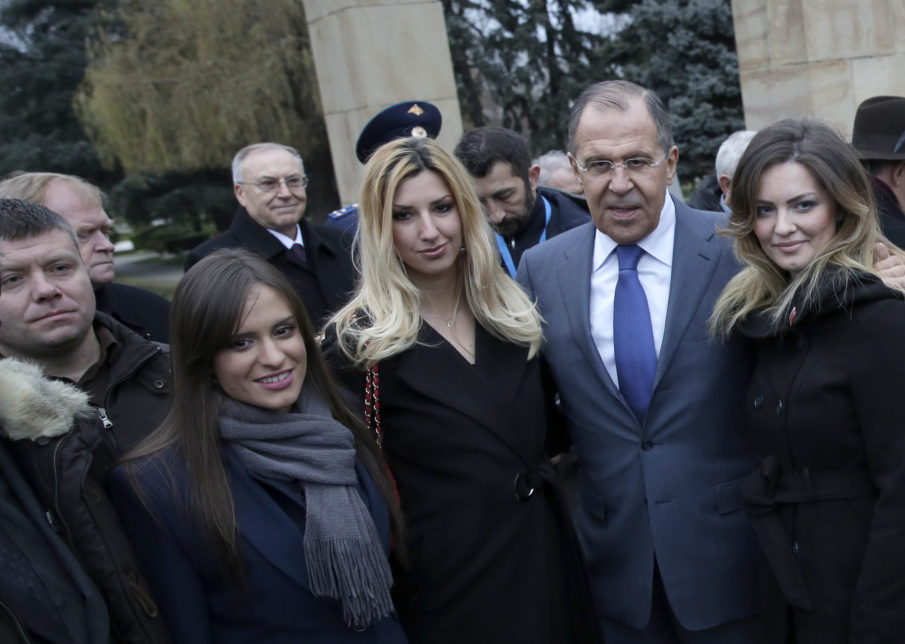Late last week, the government of Montenegro issues an international arrest warrant for Joseph Assad, a U.S. citizen born in Egypt and a former CIA agent, for his alleged role in a failed coup that aimed to prevent Montenegro’s accession into the NATO alliance in 2016. Assad’s was not the only warrant issued, as Montenegro levied 14 other warrants, mostly for allegedly involved Serbs and at least two Russian military officials believed to be the leaders of the endeavor. According to Montenegro’s claims, the coup attempt was organized and backed by Russian military and intelligence agencies, in keeping with Russia’s aggressive rhetoric pertaining to Montenegro’s decision to join NATO.
The coup attempt, according to the Montenegro government, included plans to assassinate then-Prime Minister Milo Djukanovic and gaining control of the national parliament by force to usurp control from the standing national government. Assad’s involvement was disclosed during the testimony of another former CIA agent during a trial being held in absentia for the Russian masterminds behind the failed attack. According to that testimony, Assad was contracted by the Russians to help establish an escape plan for the 14 suspects directly involved in the attempted coup.
This isn’t the first time Joseph Assad has made international news since leaving the CIA. In 2015, he and his wife Michelle made headlines all over the globe when their efforts led to 149 Iraqi Christian refugees escaping ISIS-controlled territory in Iraq. Joseph and Michelle Assad, both former counter-terrorism officers for the United States, helped to arrange the successful evacuation of 25 families, including 62 children via privately chartered airplanes. Assad now heads an Abu Dhabi-based security agency, though his current whereabouts are unknown.
Although a warrant has been issued for Assad’s arrest, Montenegro says prosecutors are said to be still investigating the level of involvement Assad may have had in the failed coup. Assad himself reportedly refused to testify in the trial of the accused Russian officials and went on to deny any wrongdoing. Moscow has likewise denied any involvement in the incident or wrongdoing themselves, though the Kremlin’s claims of innocence sound remarkably like their responses to the recent slew of allegations levied by national governments, including their supposed use of the Soviet-era nerve agent Novichok in the attempted assassination of a former Russian military intelligence officer turned MI6 informant on U.K. soil earlier this year, and America’s accusations of both working to manipulate national level elections and even hacking into portions of America’s commercial power grid.
Despite its tiny size, Montenegro has been in the national headlines quite a bit recently, thanks in large part to comments made by President Trump that led many to once again question America’s commitment to the NATO alliance under the Trump administration. Tucker Carlson asked the president if his son should have to go to war to defend Montenegro if it is ever attacked by the Russians.
“I understand what you’re saying. I’ve asked the same question. Montenegro is a tiny country with very strong people,” the president replied. “By the way, they’re very strong people. They’re very aggressive people. They may get aggressive. And, congratulations, you’re in World War III.”
To many, this sounded like the American president suggesting that the United States would not honor one of the fundamental facets of the NATO alliance, currently working to deter Russian aggression in multiple theaters. This commitment to the mutual defense of all members of the alliance serves as the very backbone of NATO, serving as a unified military front against Russian aggression, reigniting concerns first levied while President Trump was on the campaign trail that his rhetoric seems to be isolating the United States from its longstanding allies. To those who are concerned with the state of America’s position as the global diplomatic leader, President Trump’s remarks seemed to bolster Russia’s position in the Balkans, rather than the position of American allies.
Featured image: In this photo taken Monday, Dec. 12, 2016, Russian Foreign Minister Sergey Lavrov, second from right, poses for photos with members of a far-right pro-Russian group with Nemanja Ristic at left, in Belgrade, Serbia. Montenegro says it’s seeking the extradition of a man photographed standing near Russian Foreign Minister Sergey Lavrov this week in Serbia on suspicion he took part in an alleged coup attempt. | AP Photo
Already have an account? Sign In
Two ways to continue to read this article.
Subscribe
$1.99
every 4 weeks
- Unlimited access to all articles
- Support independent journalism
- Ad-free reading experience
Subscribe Now
Recurring Monthly. Cancel Anytime.











COMMENTS